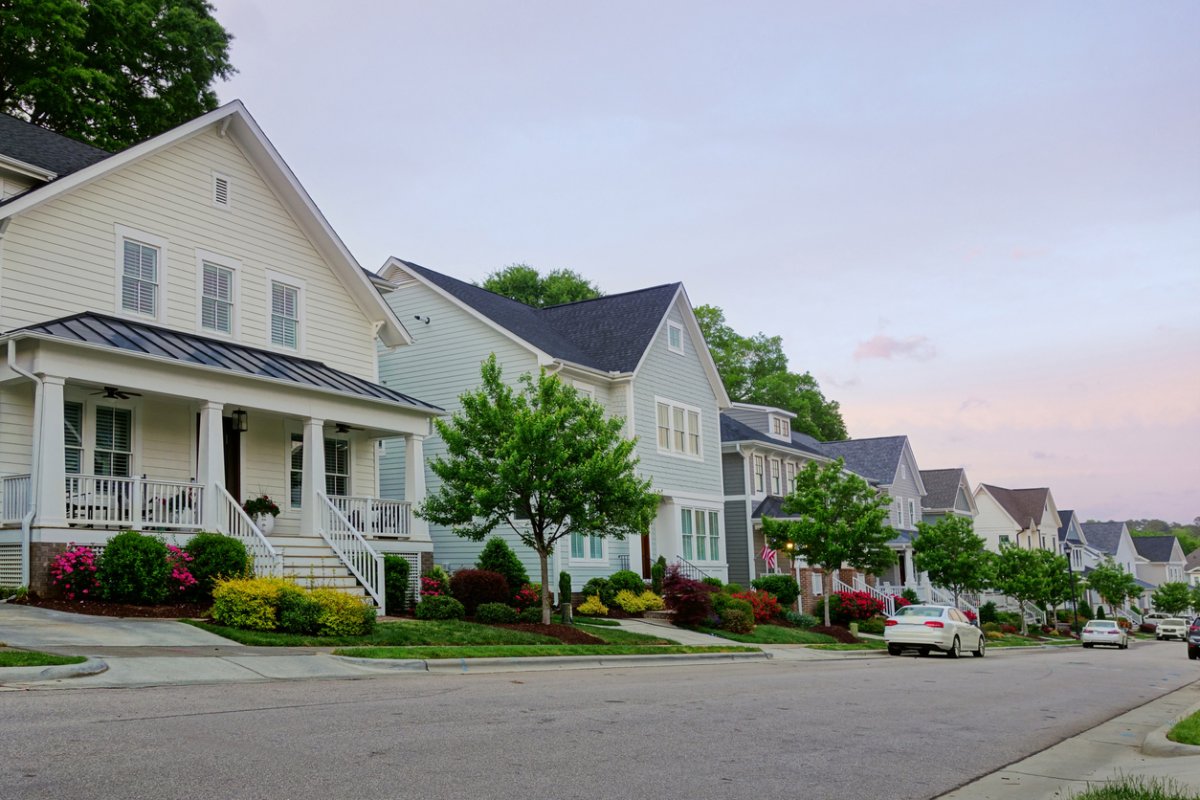

We may earn revenue from the products available on this page and participate in affiliate programs. Learn More ›
Counties calculate property taxes using two primary factors: a home’s assessed value and the local millage, or “mill,” rate. A county assessor usually determines a property’s value based on the price of similar homes that recently sold. Once s home’s value is determined, that number is multiplied by the local mill rate.
A mill is $1 of tax per $1,000 of assessed property, and the mill rate is the amount of tax payable per dollar of the assessed value. Local governments set their mill rate based on the value of properties in the district, with the goal of providing enough taxes to support local government expenses.
In general, home improvement projects that increase the home’s value will also result in property tax increases, but the following are almost guaranteed to do so.
1. Upgrades That Are Permanently Attached to the Property
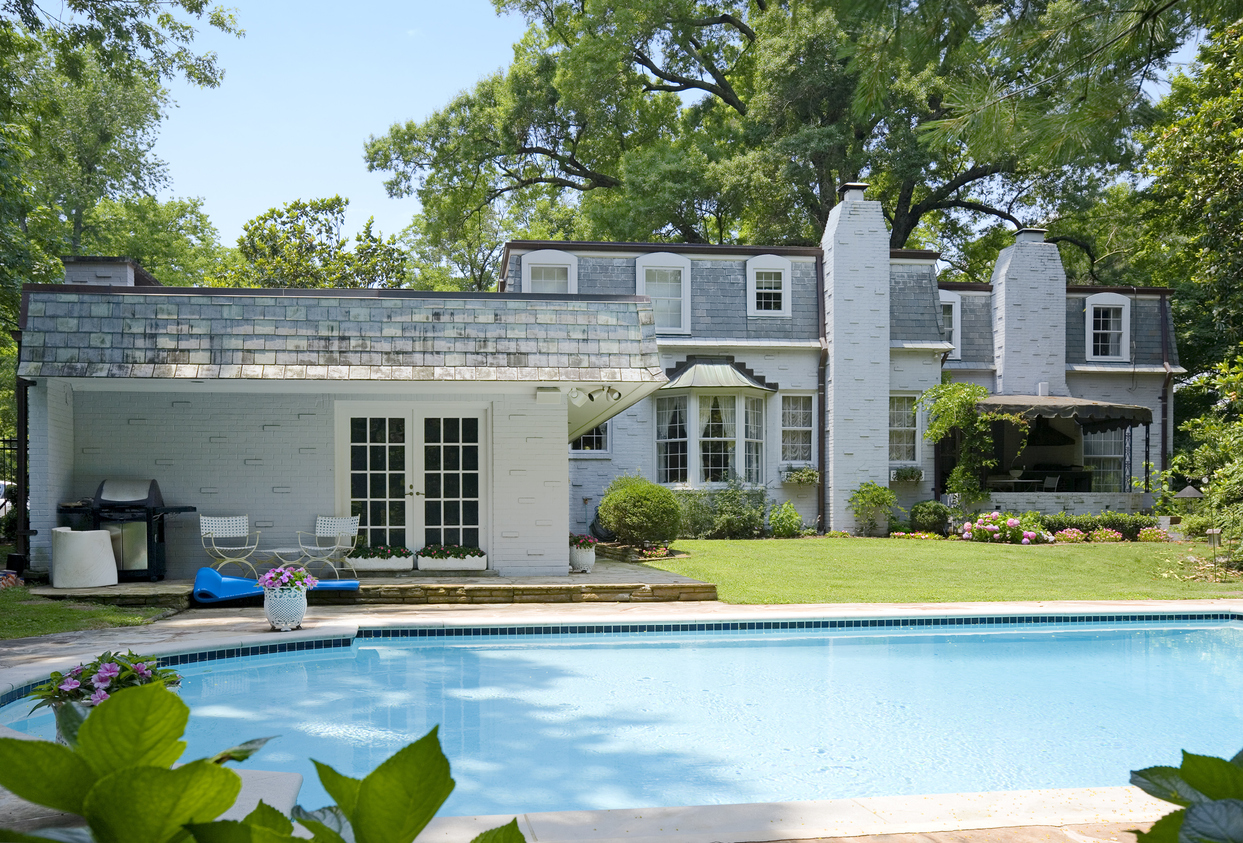
Your neighbor installed an above-ground swimming pool, and you installed an in-ground pool. Your property taxes went up, but your neighbor’s didn’t. Why?
The answer lies in the fact that any improvement permanently attached to the ground is considered “real property” and subject to property taxes. Anything not attached is considered “personal property” and not considered when calculating real estate property taxes.
RELATED: 9 Things You Should Know Before Buying a House With a Pool
2. Home Additions
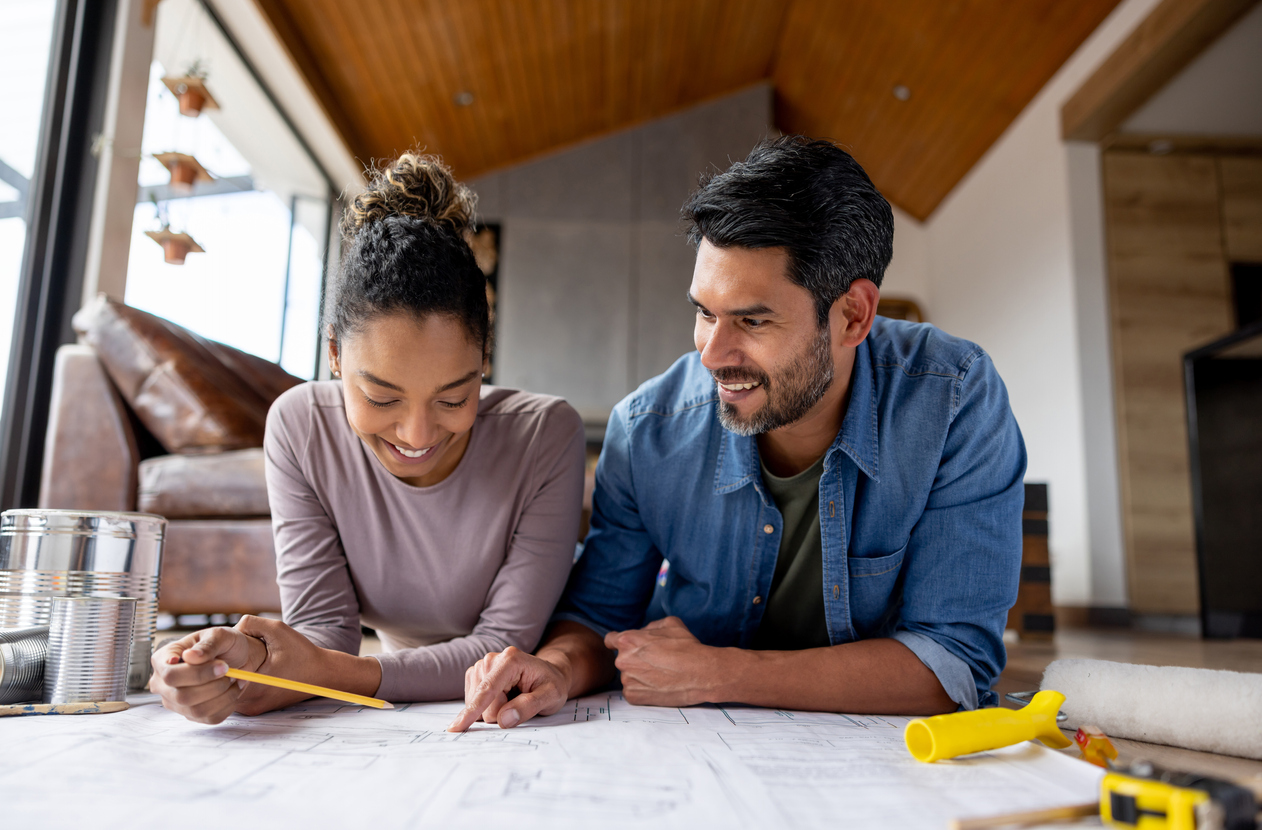
Adding to a home’s living space will almost certainly add to the home’s value and, as a result, increase the taxes on the property. A home’s square footage of living space is one of the factors taken into consideration when assessing the home’s value. How much an addition will increase the value varies depending on the value of surrounding properties and the quality of materials used in construction.
3. Certain Structural Changes
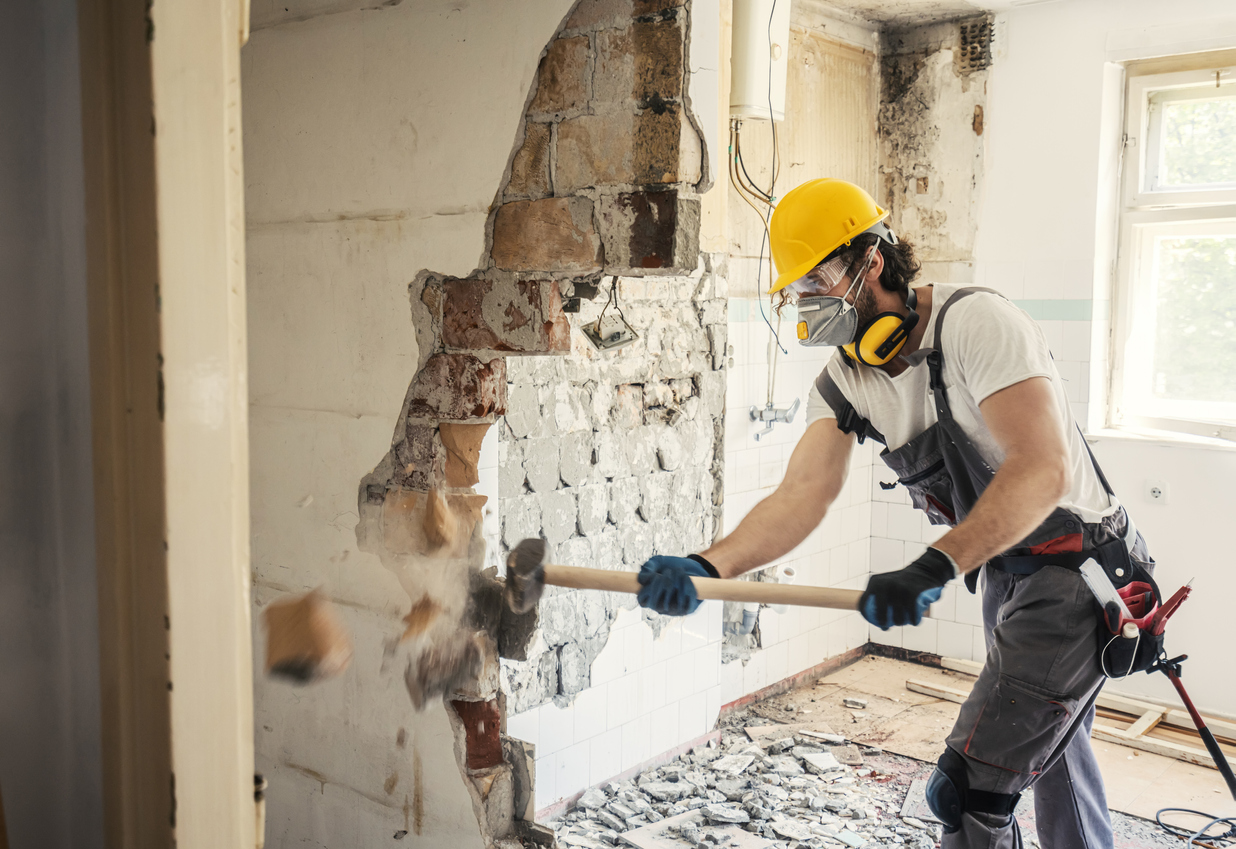
Not all projects that alter a home’s structure will result in higher property taxes. For example, removing a wall between two small bedrooms to create one larger bedroom is unlikely to increase property taxes because it’s unlikely to increase the home’s value.
However, building a wall in the center of a large room to create two bedrooms may increase property taxes because real estate agents and appraisers typically add value for each bedroom the home has.
4. Deck Additions

It’s on many homeowners’ wish lists—a deck for relaxing and entertaining. It’s also sure to increase property taxes. Outdoor recreation areas, whether concrete patios or decks, are given monetary consideration when determining a home’s value.
But, keep in mind that your property will probably not increase in value equal to the money you spend. For example, according to Remodeling Magazine, you could pay $16,776 to add a wood deck to your home, but your home’s resale value may only increase by an average of $11,038. Tax assessors look at actual value increases, not just the amount you spent on renovations.
5. Space Conversions
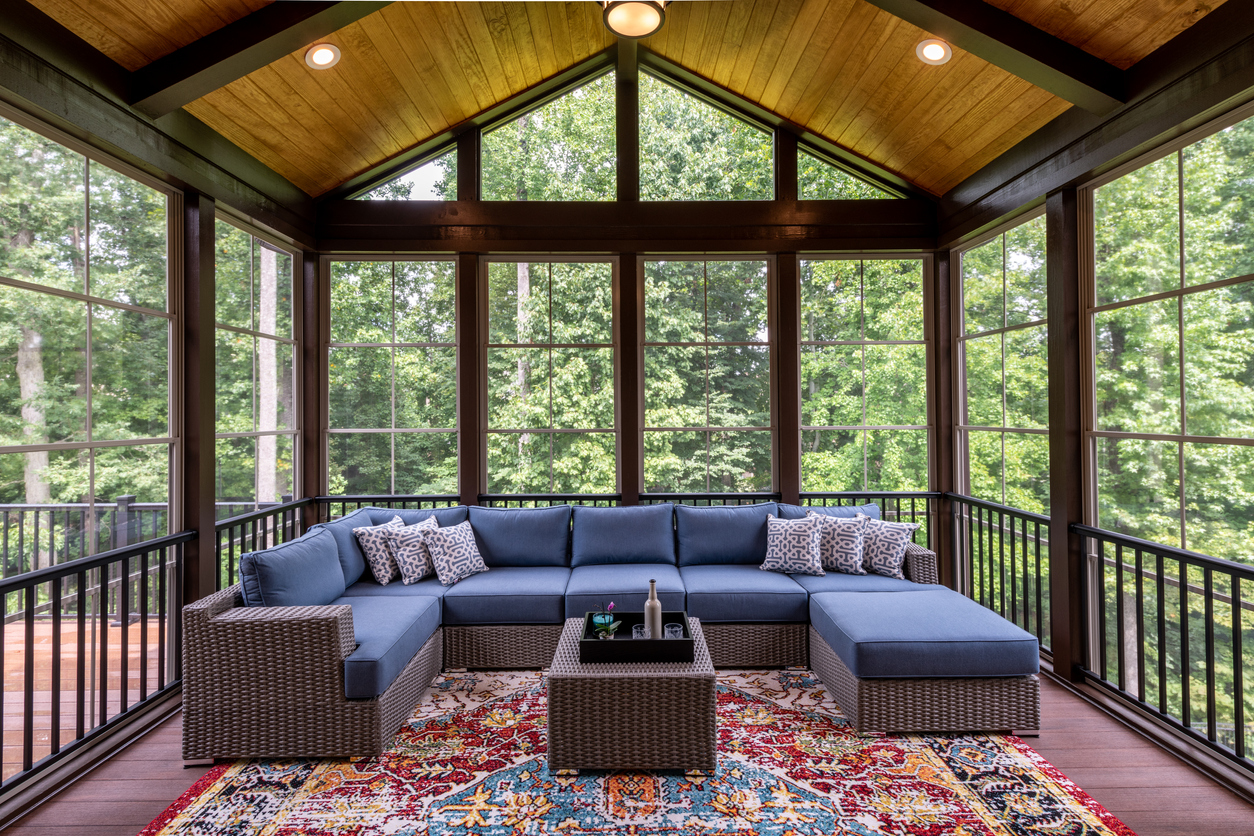
Converting a garage into a living space or enclosing a patio to create more living area will likely increase your home’s value and, as a result, increase your property taxes. Like appraisers, tax assessors allot a specific value for the total square feet of indoor living space.
Anytime you convert an existing exterior space to a living area, taxes will likely go up because your home’s living space has increased.
RELATED: The Best Patio Doors for Easy Access to Your Space
6. Outbuildings

A new storage shed, workshop, or garage will probably raise your property taxes, but not as much as if you finished the same amount of space to interior living standards. Outbuildings are assessed a value based on size and material quality. Typically, the larger the structure, the more value it has, so the more you’ll be taxed.
The square footage of outbuildings is assessed at a lower rate than interior living space, but it’s still counted in overall property value.
7. Finishing a Basement
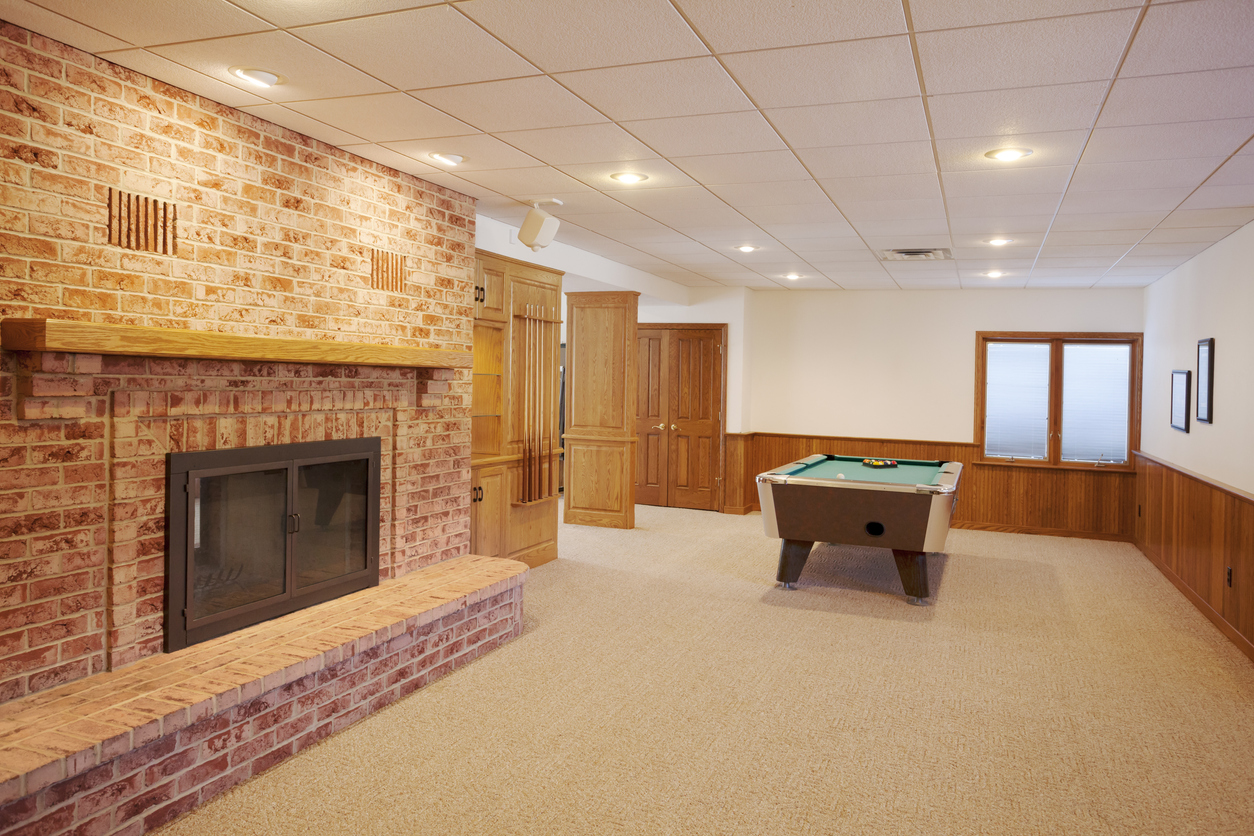
Many new homes sell with unfinished basements, which gives the new family room to expand in the future without having to add on to the house. Finishing a basement is a cost-effective way to add living space, but your property taxes will go up when the county assessor finds out. However, basement living space is typically assessed at a slightly lower value than above-grade living space.
RELATED: Finishing Your Basement: Costs and Key Considerations, Explained
But wait, how does the assessor know about my reno?
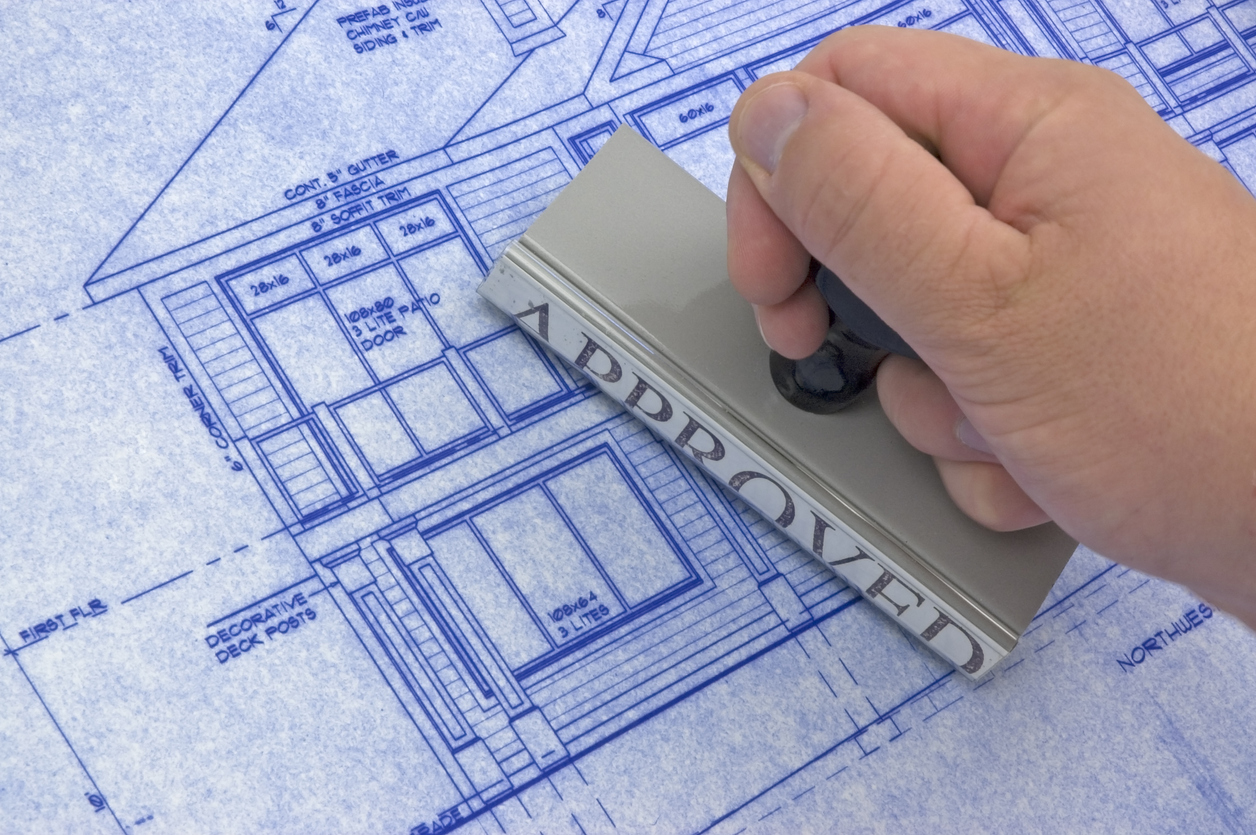
It’s not a coincidence that you put an addition on your home last year, and this year your property tax bill took a jump. Periodically—typically every one to five years—the local county assessor sends out workers to determine the value of all properties.
They have other ways of finding out about improvements too, like tracking permits. When you pull a permit before tackling a home improvement project, the office that issues the permit sends that information to the county assessor, who uses the data to adjust your home’s property value.
How much more will I owe in taxes?
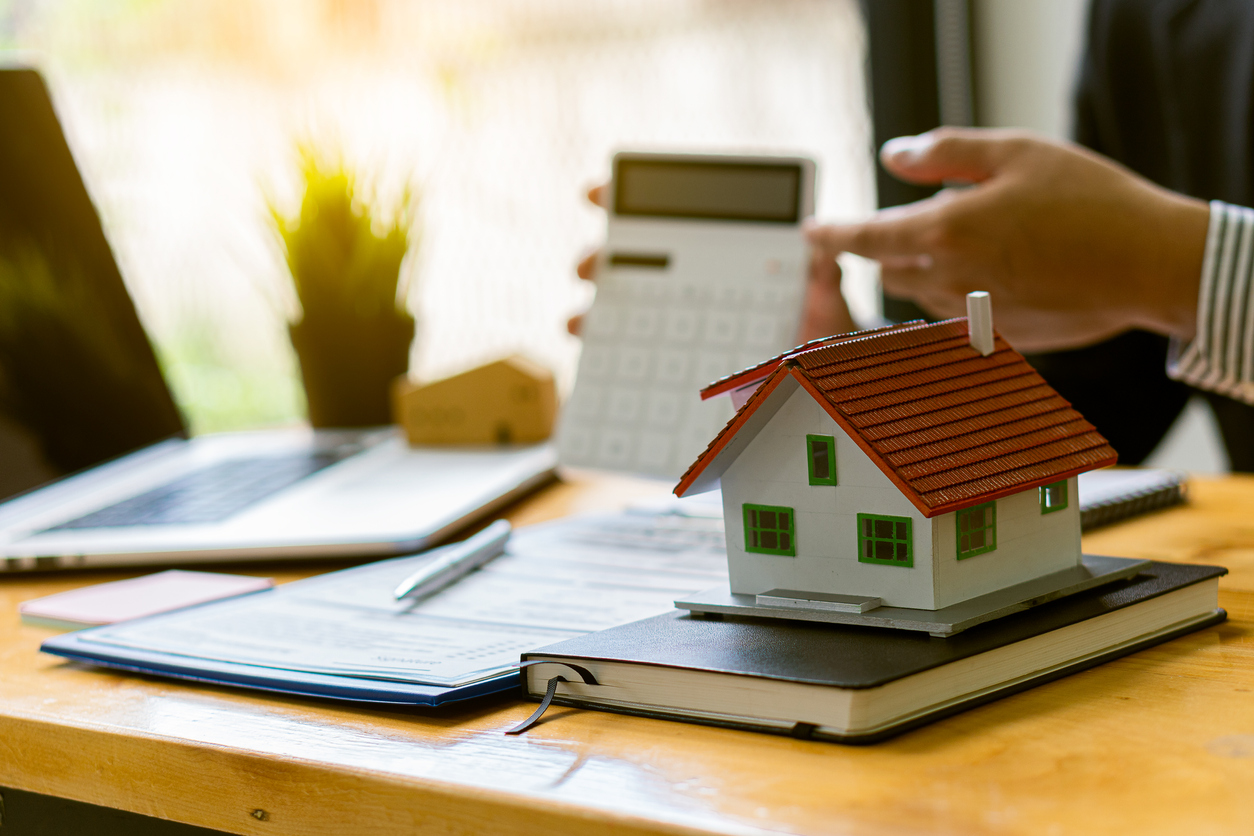
Trying to determine how much more you’ll pay in property taxes for an upgrade to your home is a guessing game, but there are ways to make an educated guess.
First, you’ll need to estimate how much the upgrade will increase your home’s value. A local real estate agent or professional appraiser can help with that. Once you come up with the value estimate for your home (with the added improvement), check out the Property Tax Calculator from SmartAsset. Alternately, call your local county assessor and ask how much more you’ll owe in property taxes.
Feel that you’ve been taxed unfairly? Appeal the assessment.
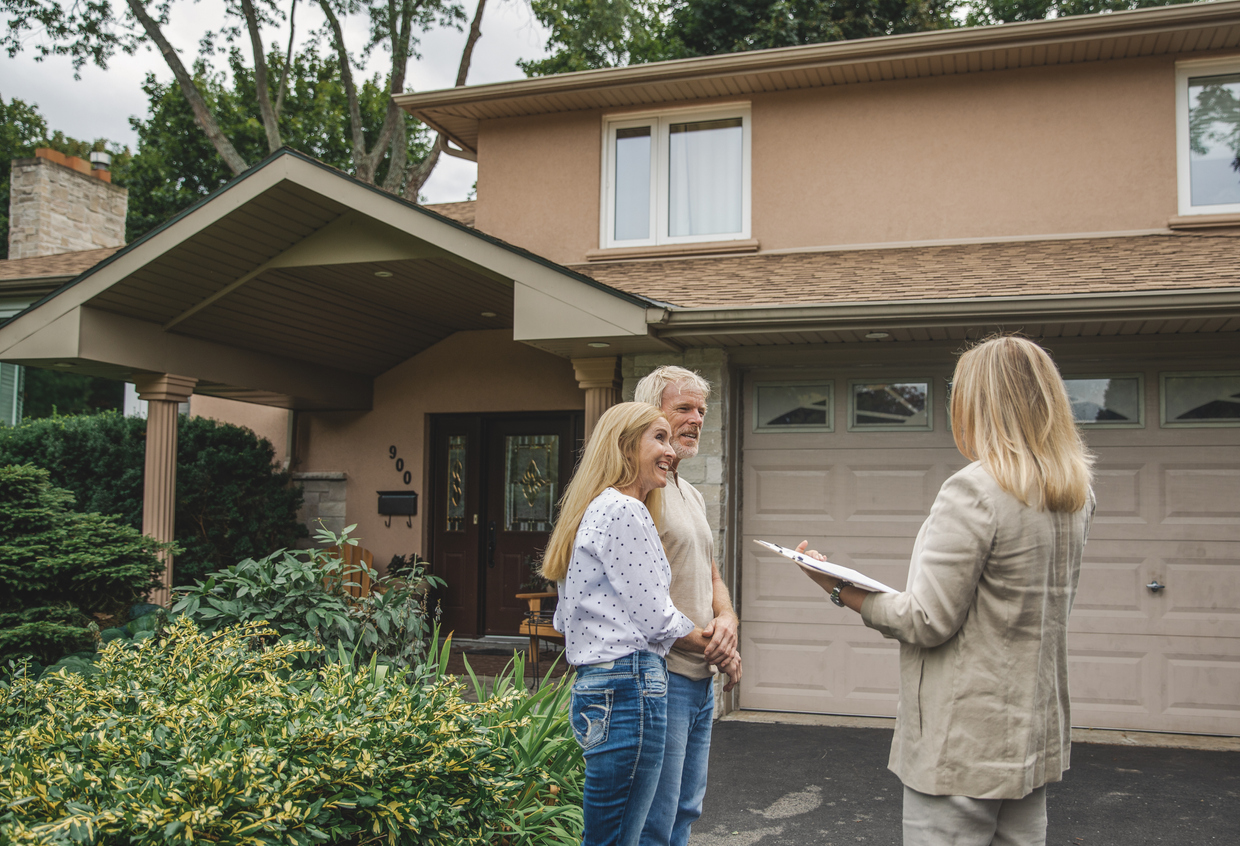
If you feel the county has assessed the value of your home too high after you added a pool or an addition, you have the right to appeal their assessment. You’ll need to show evidence that your home’s value is not as high as they have determined.
Either obtain recent home sale records from a local real estate agent or hire an appraiser to come out and give you a professional estimate of your home’s value. A professional appraisal will cost in the neighborhood of $350 to $450, but if you live in a community with a high mill levy, it could be worth it to reduce your property taxes.
